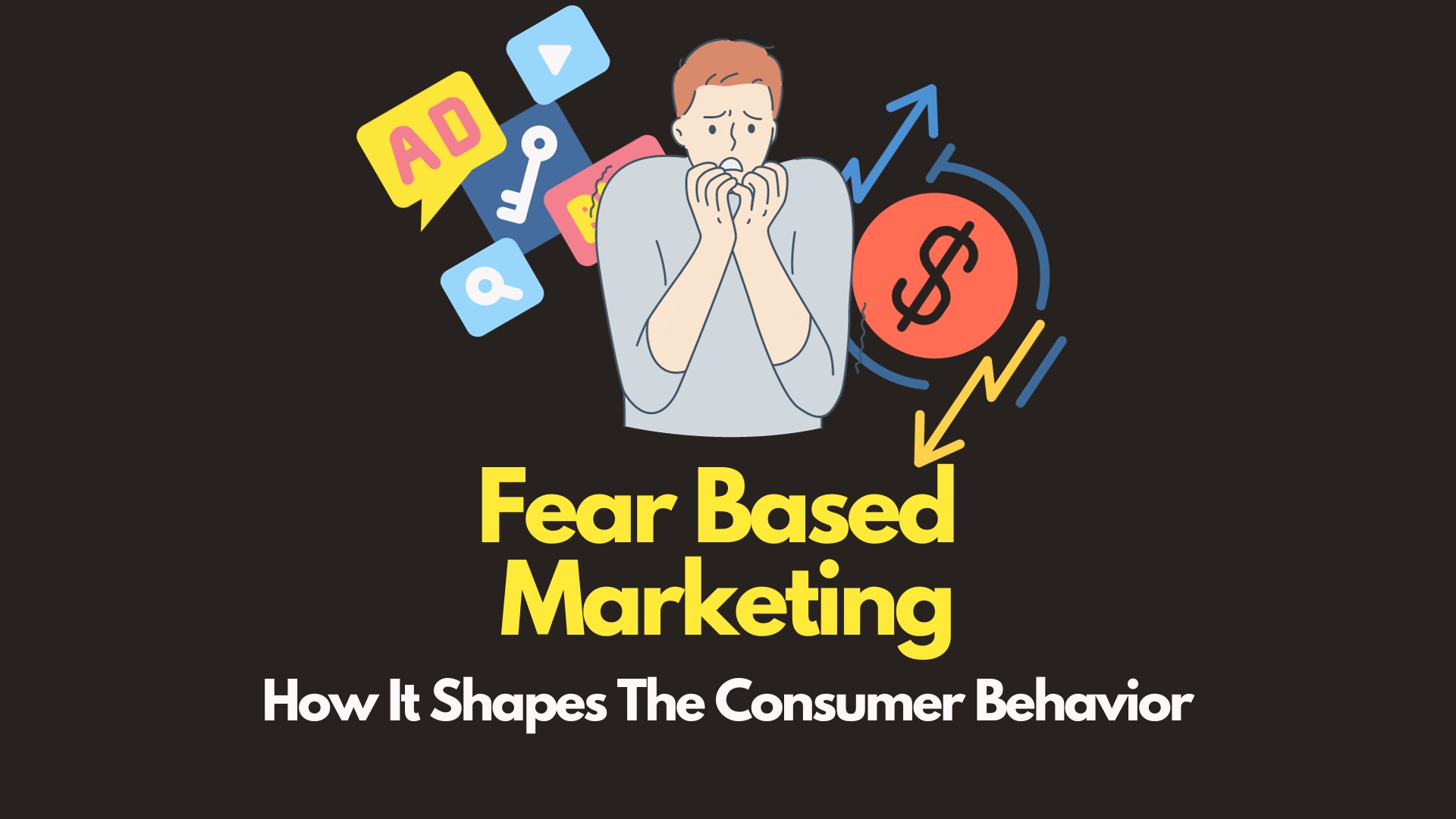Published
- 3 min read
The Role of Fear in Consumer Decision-Making

Key Takeaways
- Fear-based marketing leverages emotions to influence consumer behavior.
- During crises, such as the COVID-19 pandemic, fear can significantly impact purchase decisions.
- Fear can increase the likelihood of consumer choice and reduce decision deferral.
- Negative emotions can lead to both ethical judgments and non-optimal economic decisions.
- Understanding fear’s role in consumer behavior is crucial for ethical and effective marketing strategies.
Analyzing How Fear-Based Marketing Can Impact Consumer Choices
Fear-based marketing is a powerful tool that taps into one of our most primal emotions: fear. It’s used by marketers to create a sense of urgency or to highlight the potential negative consequences of not purchasing a product or service. But how exactly does this tactic impact consumer choices? Let’s dive into the psychological underpinnings of fear-based marketing and its effects on consumer behavior.
The Psychology Behind Fear-Based Marketing
Fear, as an emotion, is a response to perceived threats and can trigger the “fight or flight” response. In the context of marketing, fear can be used to motivate consumers to take action to avoid negative outcomes. For instance, health and wellness campaigns often employ fear-based messaging to encourage healthier lifestyle choices (Explore Health and Wellness).
Fear and Decision-Making During Crises
During times of crisis, such as the COVID-19 pandemic, fear can have an amplified effect on consumer choices. The uncertainty and risk associated with health crises can lead to increased reliance on fear-based information, influencing decisions about what to purchase and when, especially in the realm of food delivery services and dietary supplements.
Fear’s Role in Ethical Judgments and Consumer Behavior
Interestingly, fear can also play a role in ethical consumer decision-making. Consumers in a state of fear may exhibit higher levels of ethical judgment, potentially leading to more conscientious purchasing decisions (Ethical Consumerism Behavior).
The Impact of Fear on Consumer Choices
Fear-based marketing can lead to a range of consumer responses, from immediate action to avoid perceived dangers to more reflective and ethical purchasing decisions.
Increased Attention and Likelihood of Choice
Incidental fear has been found to increase the likelihood of consumer choice and reduce the tendency to defer decisions. This is mediated by increased attention and liking for the product or service being marketed, indicating that fear can be a significant driver of consumer engagement (Impact of Social Media on Teen Shopping Trends).
Fear and Non-Optimal Economic Decisions
On the flip side, fear can also lead to non-optimal economic decisions, where consumers may act irrationally due to panic or anxiety. This can result in behaviors such as panic buying or the purchase of unnecessary items (Consumer Behavior: Subscription Models).
Crafting Ethical Fear-Based Marketing Strategies
While fear can be an effective marketing tool, it’s essential for marketers to use this strategy ethically. This involves providing genuine value and solutions to consumers’ concerns rather than exploiting their fears for profit (Create Balanced Marketing Strategy).
Conclusion
Fear-based marketing can significantly impact consumer choices, particularly during times of crisis. Marketers must understand the psychological effects of fear to craft messages that are both effective and ethical. By doing so, they can help consumers make informed decisions that are in their best interest.